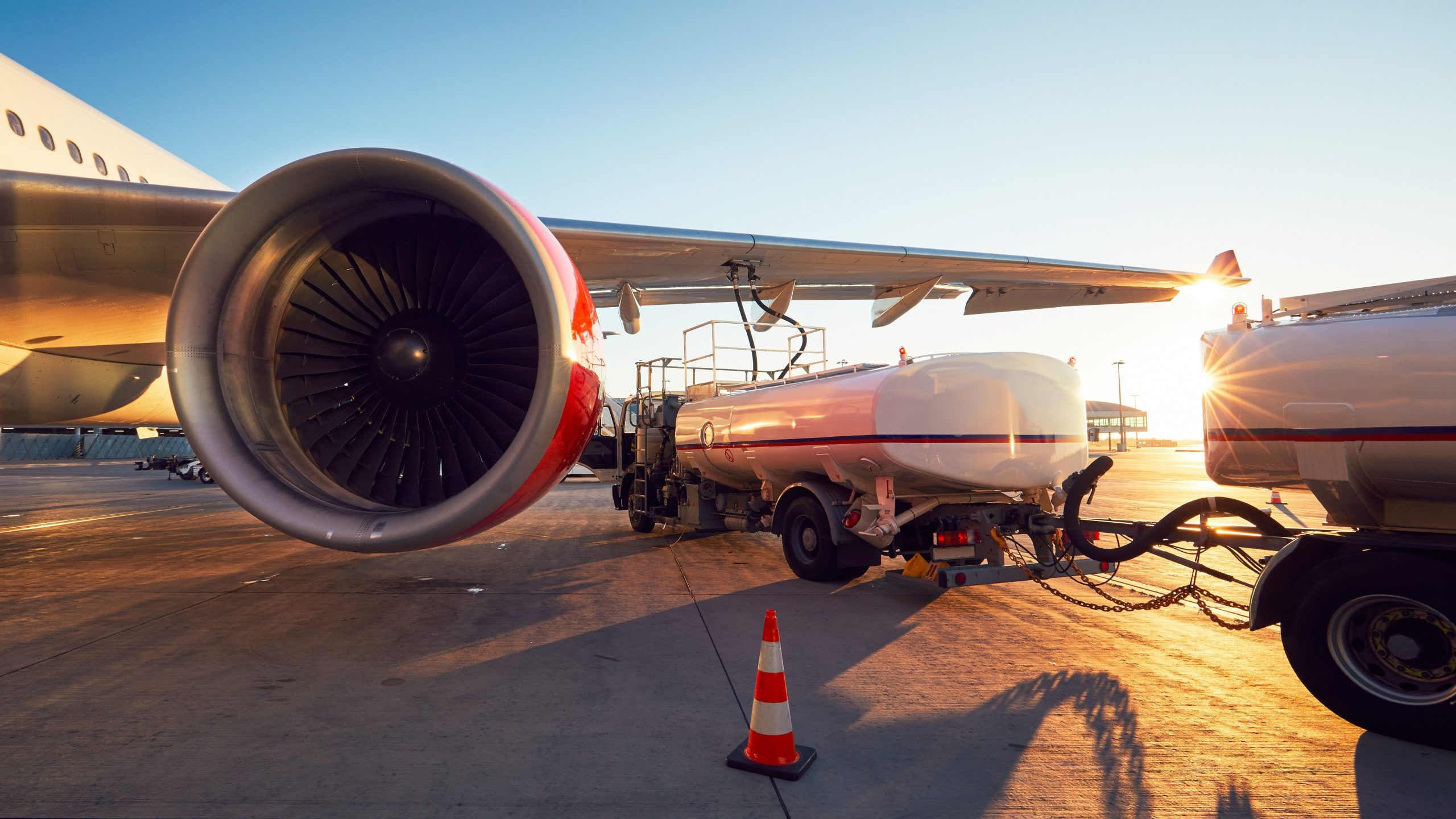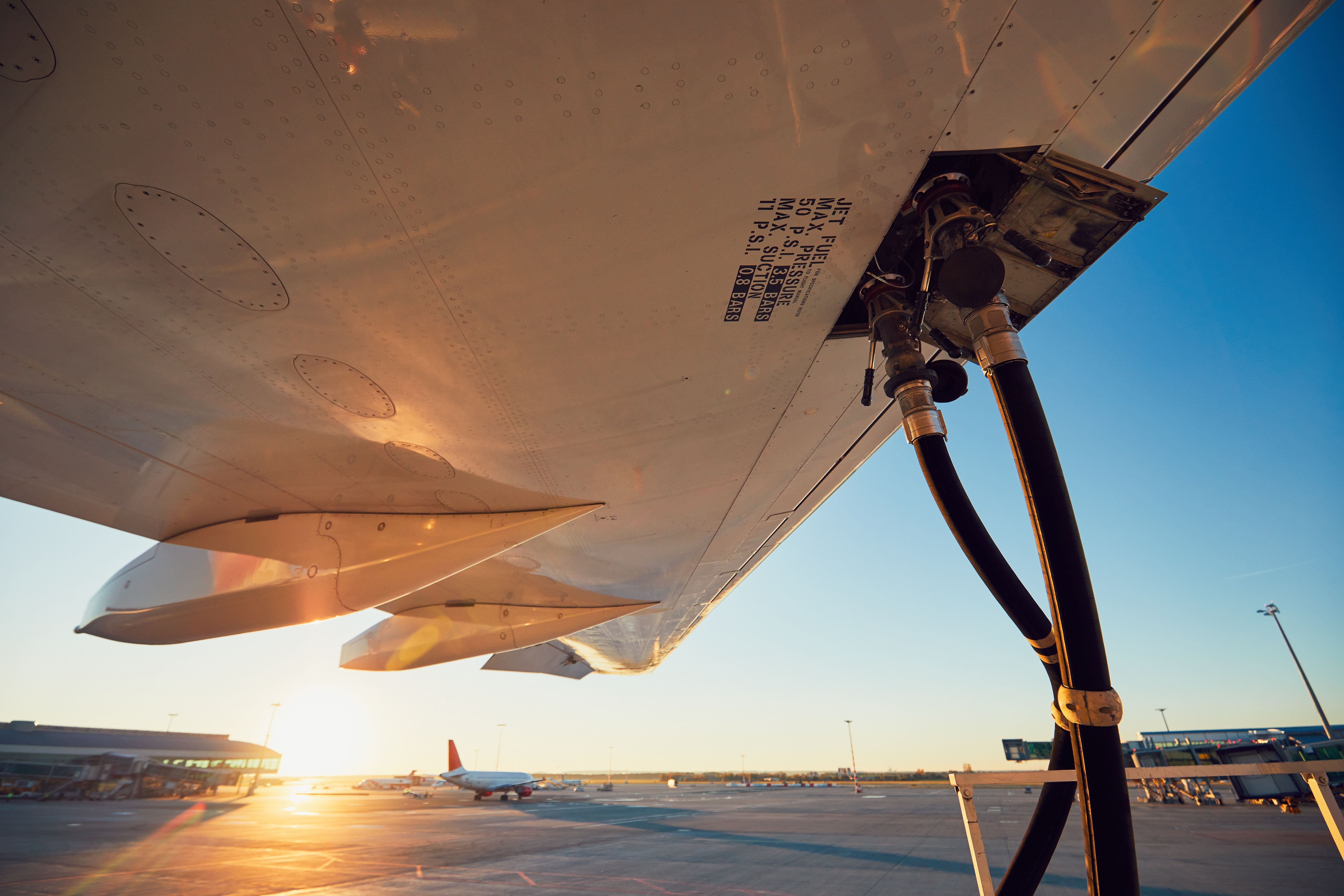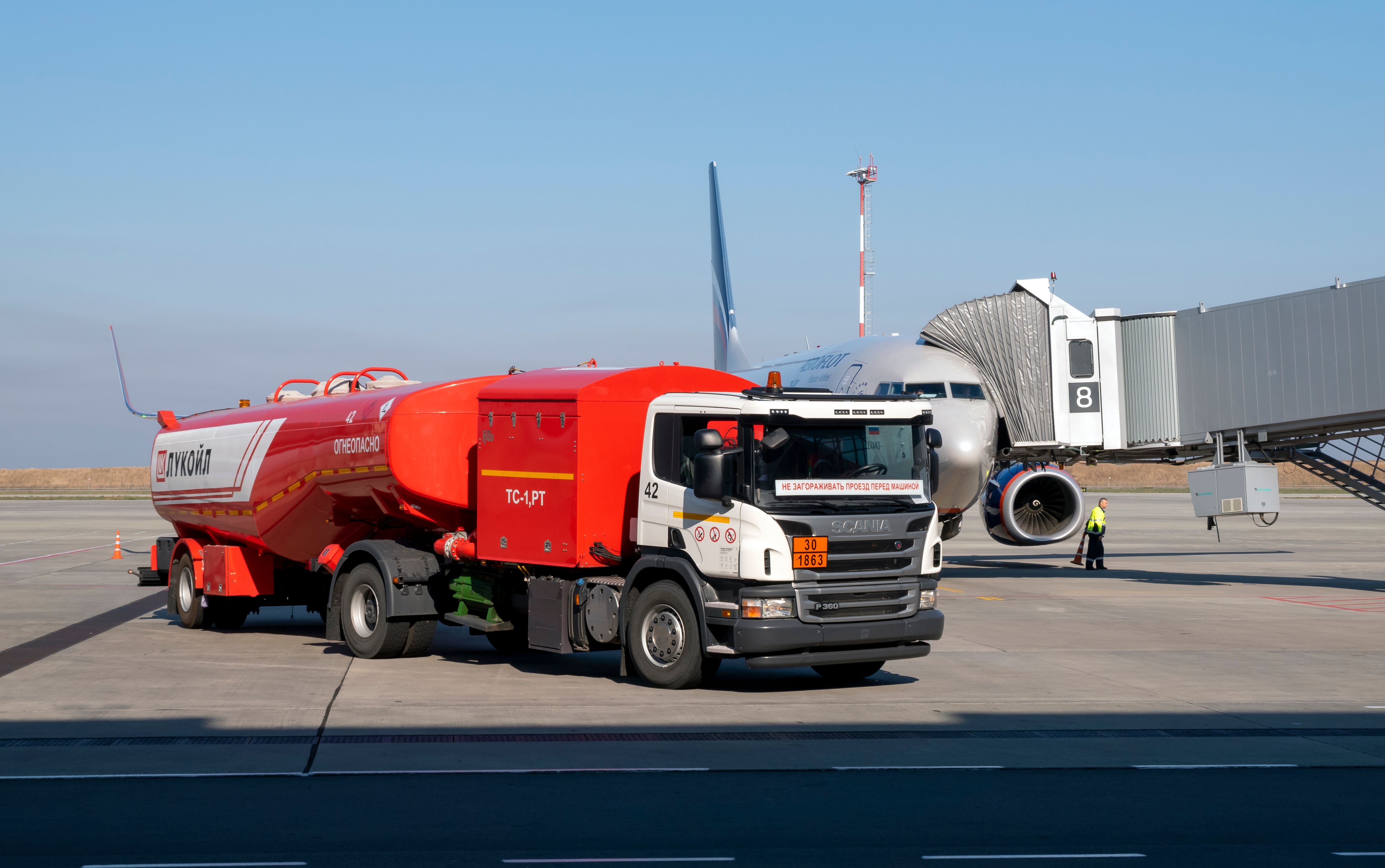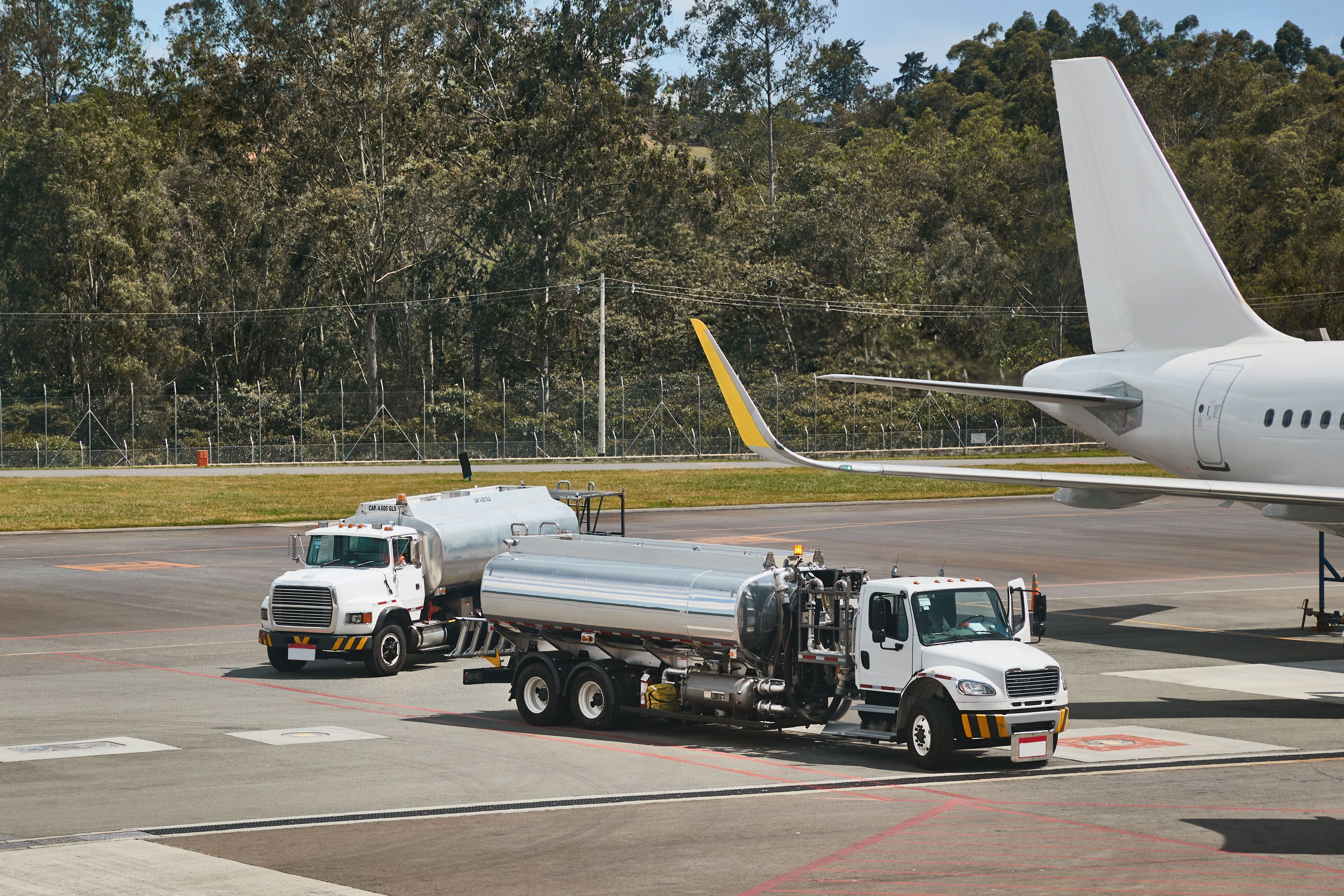Summary
- Rising jet fuel costs are causing major US airlines, such as United, Southwest, and Alaskan, to revise their final quarterly financial expectations
- This is likely to impact ticket prices and result in airfares starting to climb.
- Factors such as reduced fuel exports from Russia and a global cost of living crisis contribute to the rising cost of jet fuel. This increase in fuel costs comes after a period of lower fuel prices that benefited airlines and travelers.
The cost of jet fuel is rising, and it’s looking like airfares could bear the brunt of inflation in the fuel sector. According to data from the International Air Transport Association (IATA), overall fuel cost is up around 6% to the prior month. However, it still floats at -3% compared to last year.
Three major US airlines, United, Southwest, and Alaskan, have already signaled that rising crude oil prices could affect their bottom line. In an investor statement published by Alaskan, the airline explained:
“Over the past several weeks, fuel prices have increased considerably, driving a downward revision to our adjusted pre-tax margin expectations for the quarter.”
Photo: Jaromir Chalabala / Shutterstock
We are globally feeling the pinch.
As reported by IATA, the average price per barrel on September 22nd globally was $131, up by almost $10 compared to the month prior ($126). With all averages exceeding $130 apart from the Middle East (sitting at $125).
Alongside the US carriers, Indian airlines have also reported starting to feel the pinch, with Live Mint saying across the four metro cities of Mumbai, Delhi, Chennai, and Kolkata, aviation fuel prices have increased by at least 5%.
Ticket prices are bound to increase.
With aviation turbine fuel making up 40% of the ticket price, it wouldn’t be unexpected to see airfares start to climb due to the global fuel price. Australian carrier Qantas has already signaled that it may have to do so, as reported by the Guardian.
Photo: Vadim Anokhin / Shutterstock
Airlines can quickly increase the cost of airfares in the face of inflating fuel prices and usually bear the brunt of widespread criticism. The Flying Kangaroo has already noted that its fuel bill has already boosted up 30% since this time in May, with overall the bill expected to increase AU $200 million ($128), totaling AU $2.8 billion ($1.8) in the six months to December. A Qantas spokesperson released this statement:
“The group will continue to absorb these higher costs but will monitor fuel prices in the weeks ahead and, if current levels are sustained, will look to adjust its settings.”
Factors at play
With multiple variables affecting the cost of jet fuel. Saudi Arabia and Russia’s voluntary export reduction have challenged the aviation industry. Russia’s fuel exports hit an 11-month low in September, alongside a global cost of living crisis, where simple things like fruit and vegetables continue to rise in price.
Photo: Peter Gudella / Shutterstock
Comparing the current situation to earlier in the year, lower fuel costs aided airlines and travelers with competitive airfares, leading to an uptake in passenger numbers. Unfortunately, since then, crude oil prices have steadily increased.
Sources: Live Mint, Alaska Air, The Guardian




